Description
Demineralized whey powder
Demineralized whey (DEMI) is a loose and uniform powder with a slightly creamy-yellow color. It is free from foreign flavors and odors. Demineralized whey powder is produced by removing some minerals from liquid sweet whey. Depending on the purpose, many techniques are combined: ion exchange, electrodialysis, ultrafiltration, microfiltration or nanofiltration.
Due to its thermal stability and flowability, DEMI is perfect for storage in difficult conditions.
Foodcom SA offers:
- DEMI 20% – excellent filler, without salty taste,
- DEMI 40%, 50% – the most popular for making chocolate and cakes,
- DEMI 70%,
- DEMI 90%.
Salsal Trading SA can also customize and supply other powder parameters. In addition, we can provide Halal or Kosher certificates.
Salsal Trading SA also supplies demineralized whey, which can be used for feed production.
| Physical and chemical characteristics | Value |
|---|---|
| Fat content | Max 1.5% |
| Protein content | At least 11.0% |
| pH | 6.0 – 8.0 |
| Water content | Max 4.0% |
| Ash content | Max 2.5% |
| Carbohydrate content | Max 82% |
| Solubility index | Max 1ml |
The shelf life of demineralized whey powder is approximately 18 months. The product should be stored in clean, dry, ventilated warehouses on a clean pallet, at a temperature not exceeding 25°C and relative air humidity not exceeding 75%.
Salsal Trading SA offers demineralized whey powder in 25 kg bags and Big Bags.
Demineralized whey is widely used in the food industry, including the production of coffee and tea creamers, confectionery, nutritional drinks, fillings for creams and soups. DEMI (90% demineralization) is also used in the production of milk-based infant formulas. It allows the creation of a composition closer to mother’s milk.
Demineralized whey can also be used in the production of animal feed to increase the content of protein and other nutrients.
Furthermore, the proteins contained in whey can be used to produce medicines and pharmaceutical preparations.


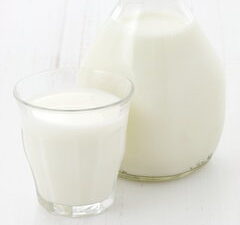
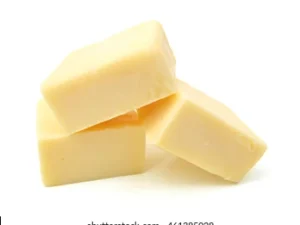
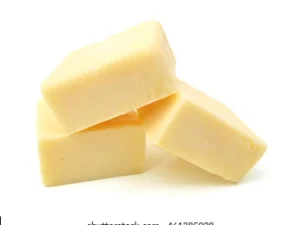
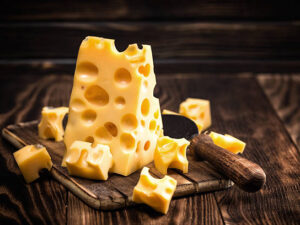







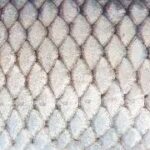

Reviews
There are no reviews yet.